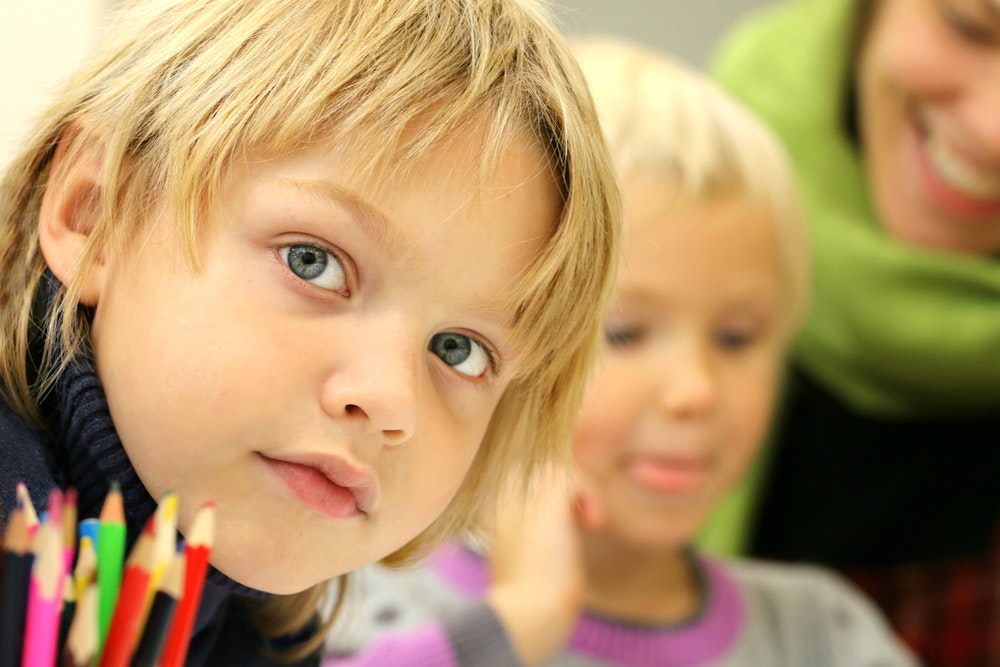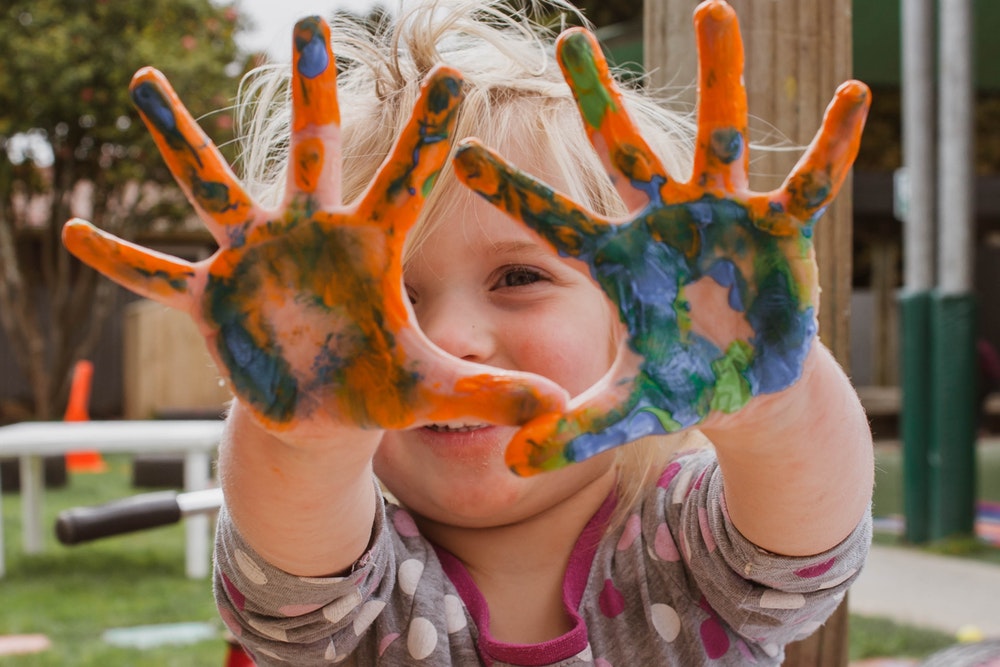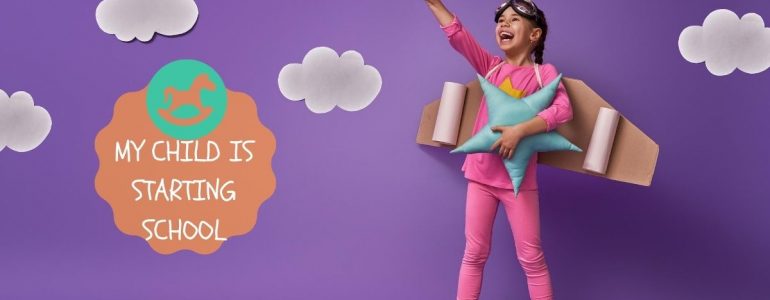Starting school is a big transition for any child. There are new rules to learn, new people to meet, and new things to open their minds and expand their horizons. Some children may take to school life like a duck to water; others may struggle more with the social or the academic changes.
Whatever personality type your child is, whether they’re raring to go in the playground or clinging to their parents’ leg, there are things you can do to help them.
If you have a read through what should a child know before starting school, then you can help them through the changes and keep them happy and comfortable while doing so.
What age do children start school

Most children in the UK start at primary school in the September of the year that they turn four years old. This can vary for summer born children, as the school year runs from September to the following August, so children who are born in the summer – who will be only just four at the start of a school year – can defer until the following year when they are five.
Compulsory school age is the 31st of December, the 31st of March or the 31st of August following the child’s fifth birthday, whichever comes first – this is the age at which your child must be in formal education, whether you decide to send them to school or to home educate.
What should a child know before starting school
There are a range of things that your child should know – for their own well being, as well as the well being of those who are teaching them and studying with them – before they start at school.
Although schools vary on their requirements of what kids should be able to do before they start, there are some basics that it is expected that all children should be able to do or achieve before they go off into the big wide world.
- Dress and feed themselves. We’re not suggesting that they should be able to tie a tie, or create an elaborate three course meal – but children should be able to manage buttons and zippers. This is important for getting ready to go out into the cold, changing for PE, or going to the toilet. As for food, they should be able to use cutlery, or unwrap their lovingly prepared lunchbox foods and feed themselves.
- Communicate their needs. Your child should be able to confidently explain themselves to their teacher, for example asking to go to the bathroom, or telling someone that they feel unwell.
- Follow basic instructions. A class full of small children can be hard work for one individual to control on their own, so it is important that children can understand and follow directions like “tidy up the toys”, “put your coat on”, or “wash your hands”.
- Play well as a team. In a big class, your child won’t be able to have all the toys to themselves, or have everything going their own way. They need to learn to share things, and understand that others have feelings (although the ability to truly empathise won’t kick in till they’re around seven, you can lay the groundwork early by teaching them to be kind to others).
- Identify different colours and patterns. This will set up their learning ability for maths, art, and many other subjects – plus it’s great training for little brains to get them to spot the differences early on. There are various activities, where they can learn about colours, including face painting.
- Be aware of basic numbers. Your child should have started counting by now, and the more training that you can give them the better. Songs and games are great for this, and getting them to count objects that you see in every day life.
- Identify letters. Your children should have a basic grasp of the alphabet, and even go as far as to have started to understand the correlation between letters and sounds.
- Have basic social skills. This can be tricky, as every child has a unique personality, but you can foster the general social skills by encouraging socialising in their formative years, and helping your child learn to share, and to listen politely when a teacher is talking.
What you can do to help your child prepare for school

One of the very best things that you can do for your child, to help their development in so many areas, is to read to them. Reading books together is a fun, snuggly experience, and one that subconsciously teaches your children an awful lot – both about the world around them, and the basics of sounding out letters to make words. Reading fires up the imagination, encourages creativity, and it has been shown time and again that children who get lots of book time with an adult will perform better at school.
Teaching children their alphabet will help enormously, and showing them what simple words look like on a page will lay the foundations for learning to read and write.
Talking to your children about numbers is an important part of helping them survive school; you can make this fun by counting all the birds you see on your walk, or counting out how many chocolates each child is allowed, or playing with a toy cash register.
Social skills can be one of the trickier ones to master. Some kids are the life and soul of the party, while others are wallflowers who don’t want to be noticed. Try to encourage your child to learn about normal human interactions by taking them with you to the shops, going on playdates, and talking to them about different relationships and how they work.
Final words
Whether your child has bounced happily into nursery straight from the start and is raring to go to school, or cries at drop off every day, you should always remind yourself that everyone is different and there is no one size fits all strategy for settling your children into a big new change.
You have to follow their lead a bit, and while you can do all you can to help them prepare, you also have to compromise as a parent too.
It can be hard to cut the apron strings and watch your baby striding off confidently, the same as it can be hard to make big decisions to change your lifestyle and homeschool your child if they are really miserable at school.
As a parent, you are always doing your best. Give yourself a pat on the back!









